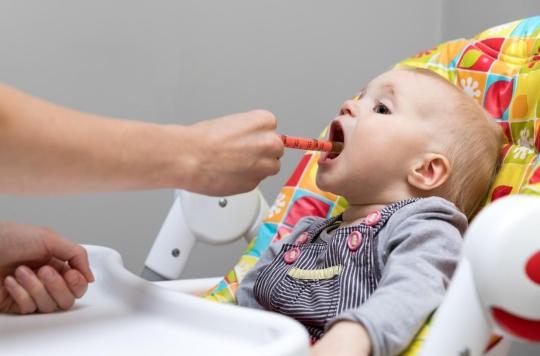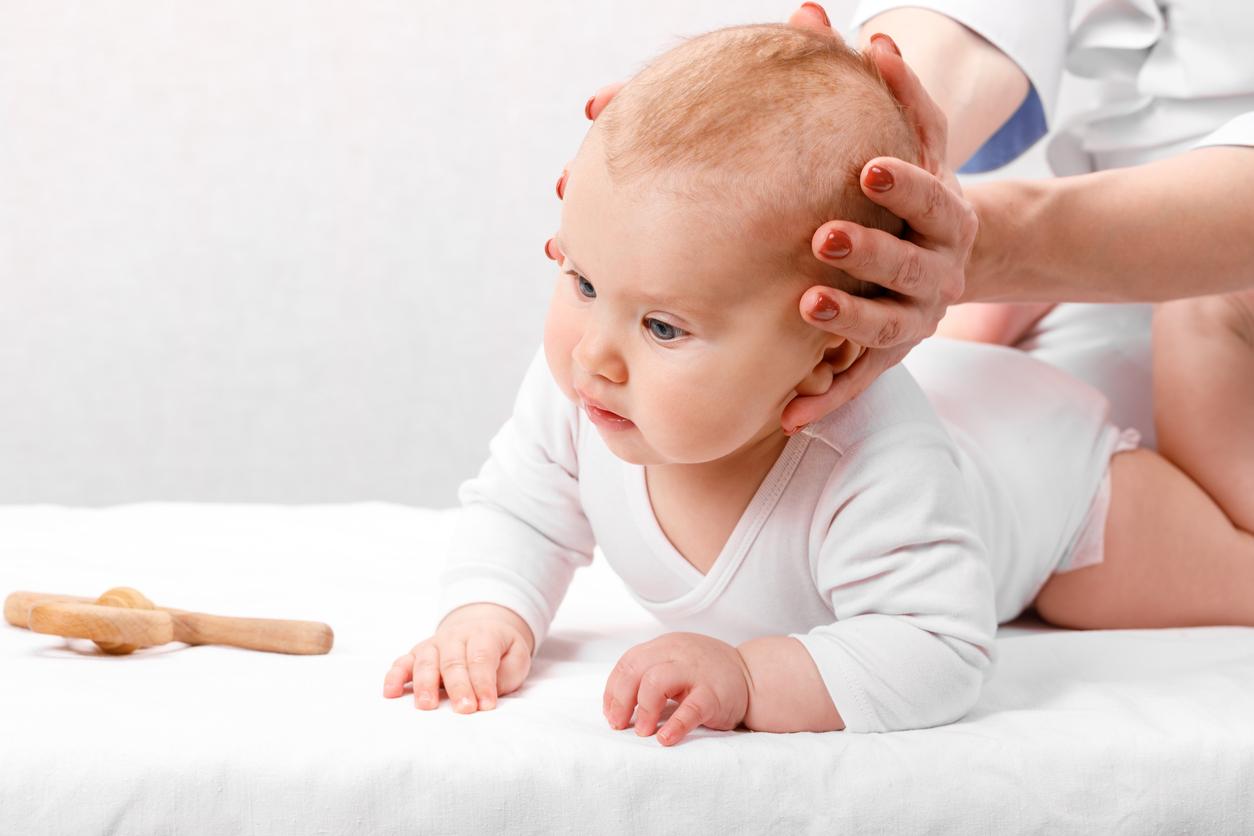In mice, the administration of antibiotics to babies has detrimental consequences for the microbiota and intestinal health in adulthood. It could be the same for humans.

- Antibiotics are a family of drugs prescribed to fight bacterial infections: they are useless against viruses.
- In France, children under 6 are those who receive the most antibiotics: more than one in two have an antibiotic prescription during the year.
A new studypublished in The Journal of Physiology, revealed that early exposure to antibiotics in baby mice has long-lasting effects on their microbiota, enteric nervous system and gut function. Among these effects, researchers from the Department of Anatomy and Physiology at the University of Melbourne observed disruption of gastrointestinal function and diarrhea-like symptoms in adulthood.
Since the digestive system of mice is similar to that of humans, this would mean that babies who receive antibiotics could also have gastrointestinal problems as adults. Premature and low-weight babies are particularly affected: at birth, they systematically receive antibiotics to prevent, and not just treat, the infections they are at high risk of developing.
Different effects depending on gender
The research team gave the mice an oral dose of vancomycin (an antibiotic) every day for the first ten days of life. They were then raised normally until they were young adults, and their gut tissue was examined to analyze its structure, function, microbiota and nervous system. The researchers found that the changes also depended on the sex of the mice. Females had longer intestinal transit and males had lower faecal weight than the control group that did not receive antibiotics. Both males and females had higher fecal water content, consistent with symptoms of diarrhea.
Further studies are still needed
Mice have many similarities to humans, but they are born with more immature intestines than humans and have accelerated growth due to their shorter lifespan. Their gut microbiota and nervous system are less complex than humans, so the findings cannot yet be directly associated with human children and infants. The researchers intend to carry out new studies on the effects of the early use of antibiotics on the level of the intestine, but also on the level of metabolism and brain function.
















